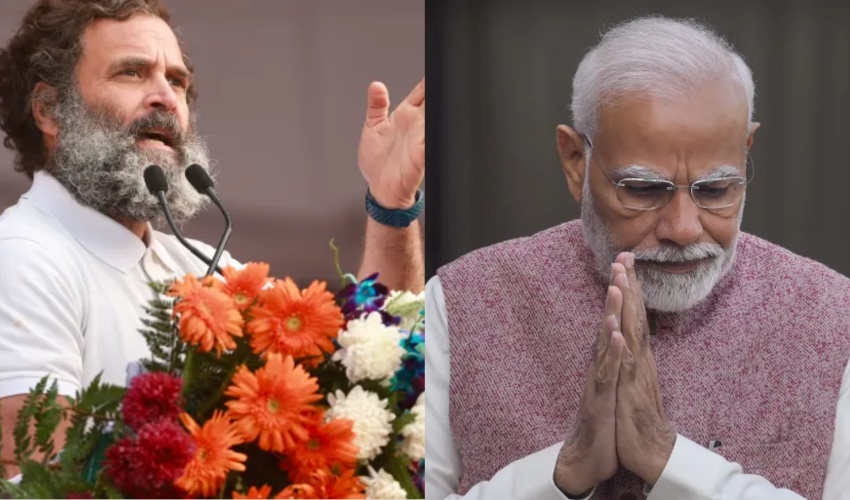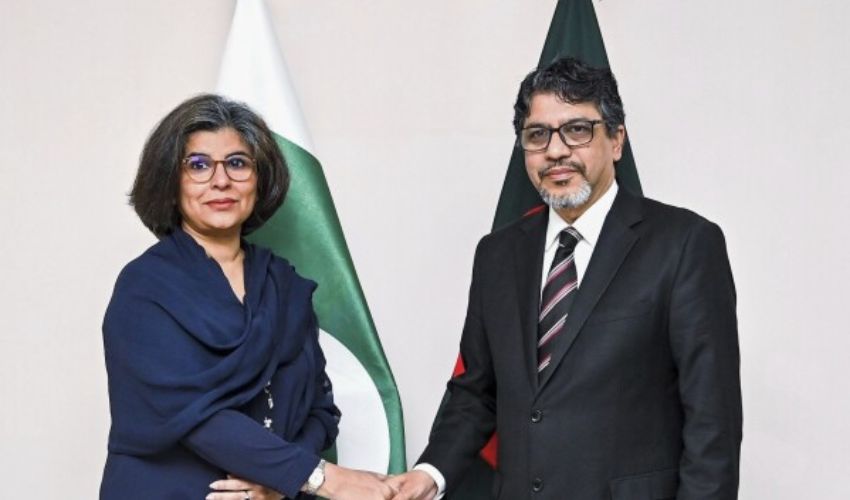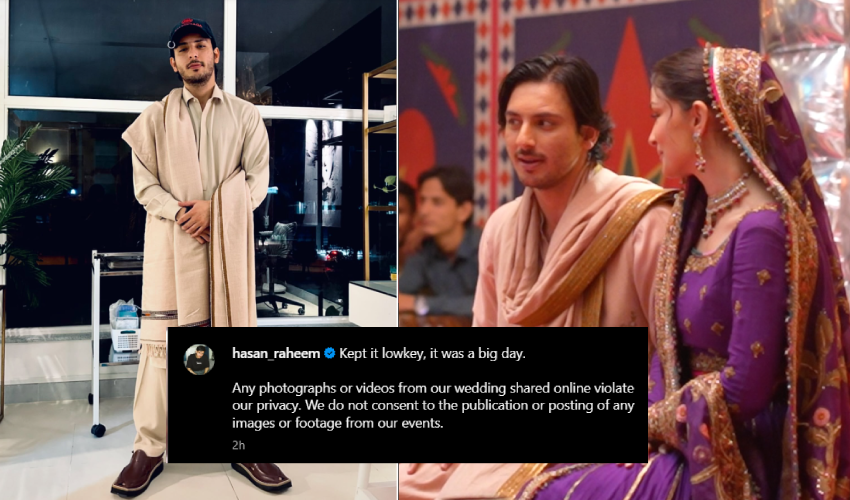Congress leader Rahul Gandhi, currently on a visit to Europe, has taken a swipe at the Indian government over the ongoing India-Bharat name change controversy.
In a press conference held in Brussels, Belgium, Mr Gandhi accused the government of resorting to "diversion tactics" in response to the growing strength of the Opposition alliance, INDIA, and expressed his preference for the dual formula, stating that "India, that is Bharat" perfectly represents the nation.
The controversy erupted when President Droupadi Murmu's G20 dinner invitations were issued in the name of "President of Bharat," leading to widespread speculation about the government's intentions to rename India during an upcoming special session of Parliament.
The congress leader directed his criticism at Prime Minister Narendra Modi, suggesting that whenever he or his party raised concerns about issues like the Adani group or crony capitalism, the government responded with "dramatic new diversion tactics."
He also emphasised that the name "INDIA" in the opposition alliance had unnerved the government, and he stressed that it truly represented the identity of the nation.
Furthermore, Mr. Gandhi labeled the idea of changing the country's name as "absurd" and praised the India-Bharat dual formula as a "fantastic idea."
He reminded everyone that India is a union of states according to the Constitution, highlighting that the key to strengthening this union lies in constructive conversations between its members.
The Congress leader asserted that there was a deliberate attempt to alter the country's future, suggesting that the ruling Bharatiya Janata Party (BJP) aimed to centralize power, concentrate wealth, and suppress the voice of the people of India.
In a bold statement, Mr. Gandhi framed the ongoing debate as a clash between two visions, equating Mahatma Gandhi's vision with the aspirations of the Indian nation and Nathuram Godse's vision with the BJP's approach.
Mr Gandhi concluded by highlighting the importance of safeguarding India's democratic institutions and defending the voice of its people, setting the stage for what promises to be a contentious and critical debate in the coming parliamentary session.



























